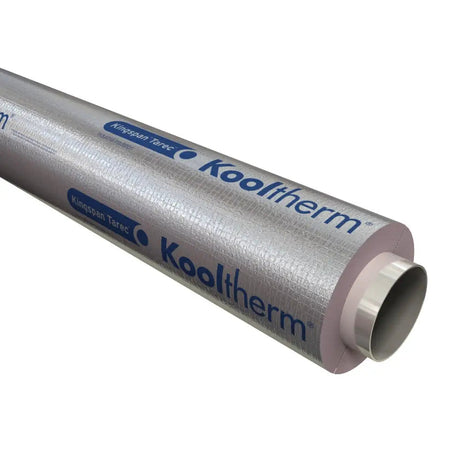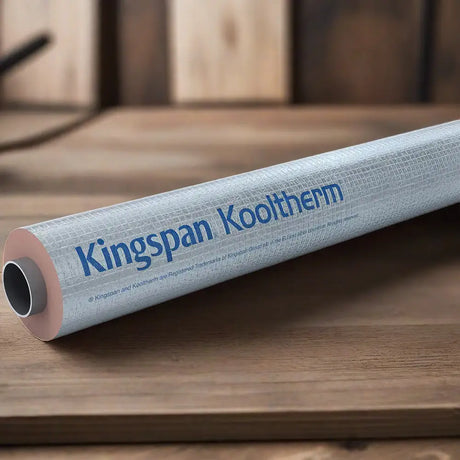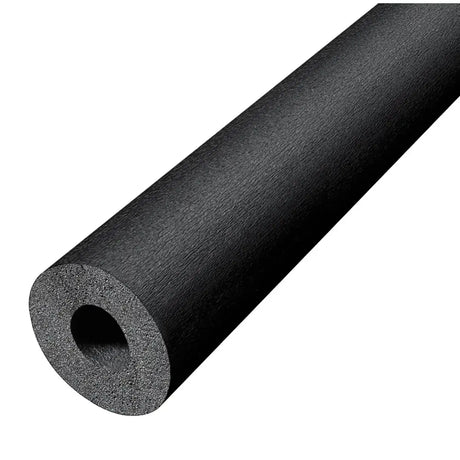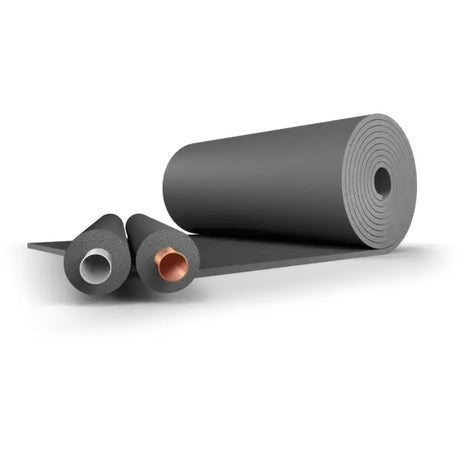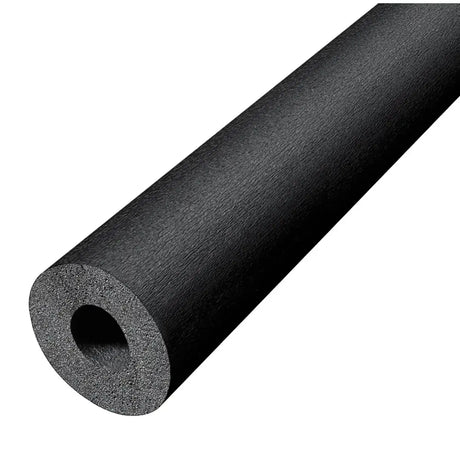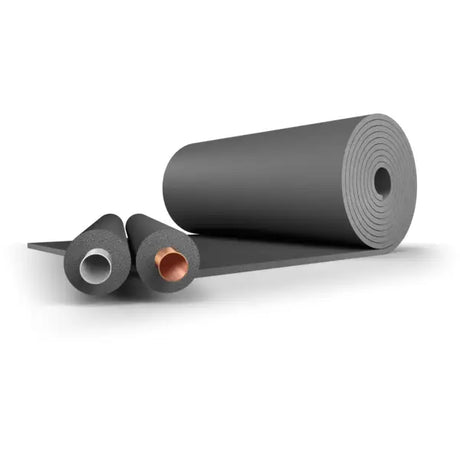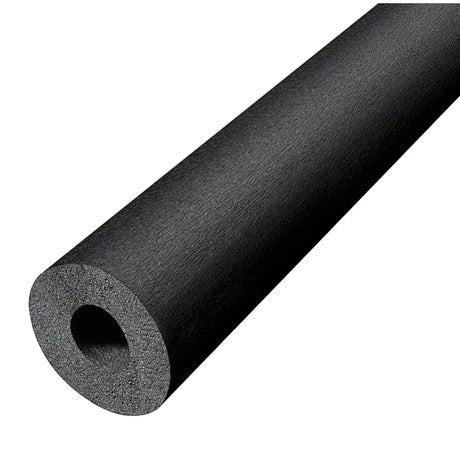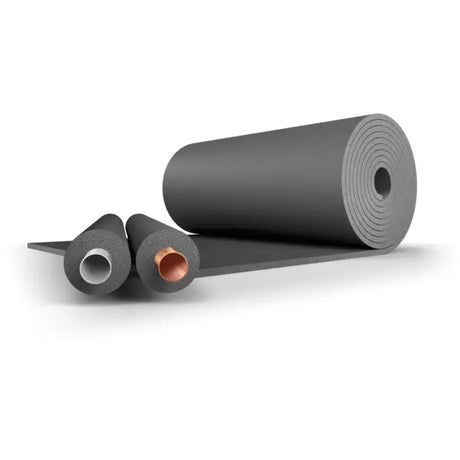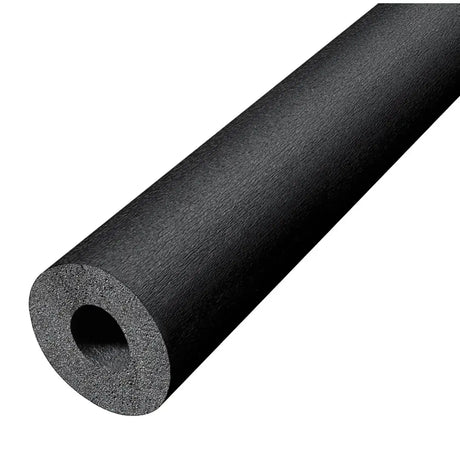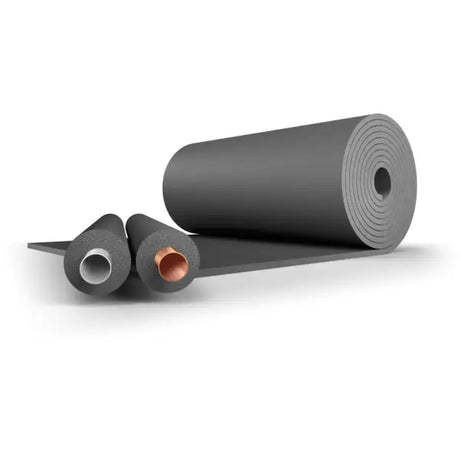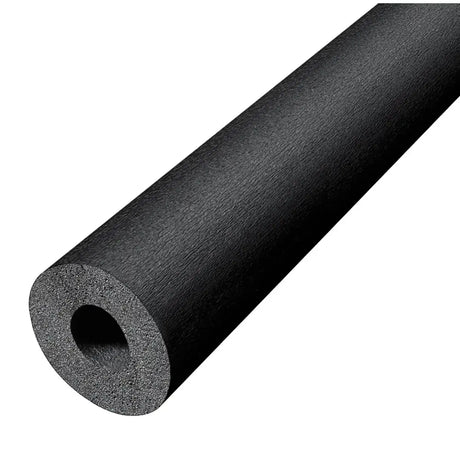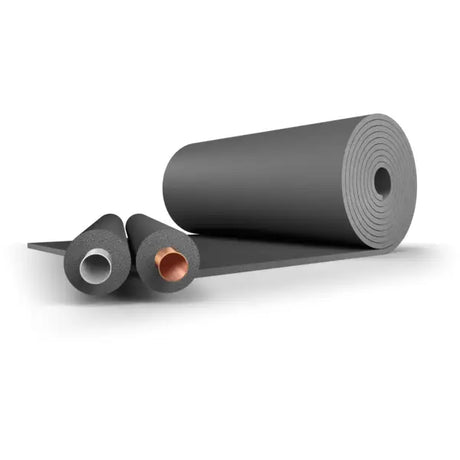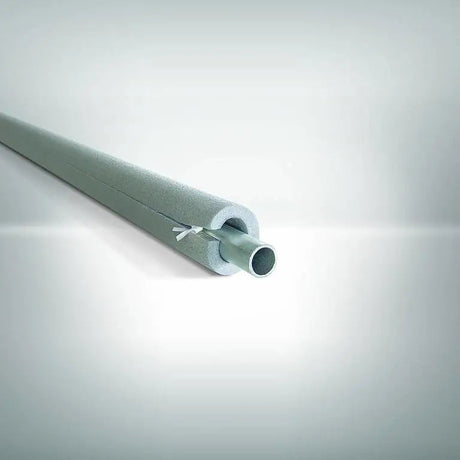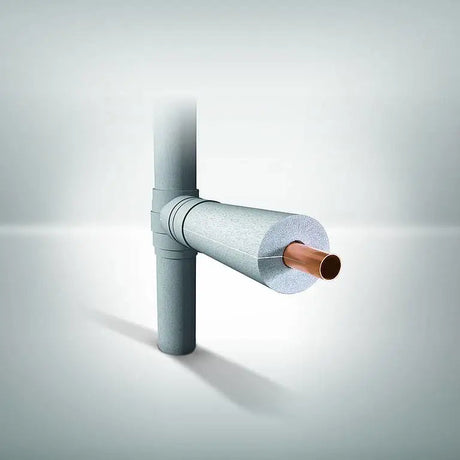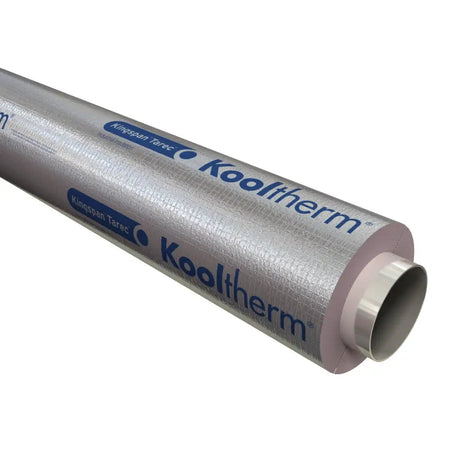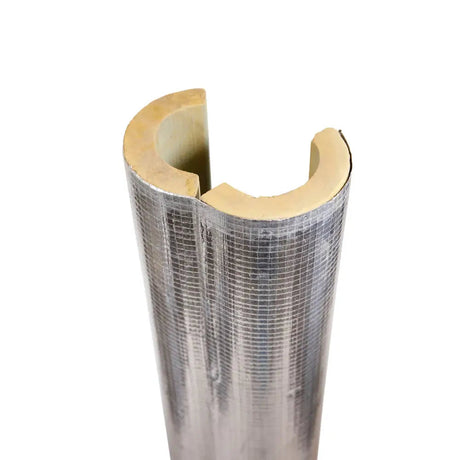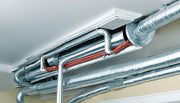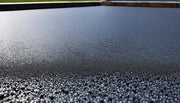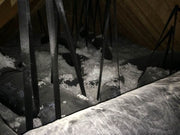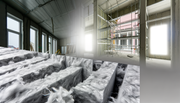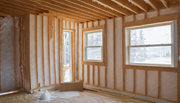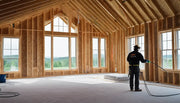In the world of insulation, the term 'double insulation' might sound like a buzzword or a marketing gimmick. However, it's far from it. Double insulation is a real, tangible concept that can significantly improve the energy efficiency of your building project, whether it's a small business premises or a larger industrial complex. But when exactly is double insulation needed? Let's delve into this intriguing topic.
Understanding Double Insulation
Before we can answer when double insulation is needed, it's crucial to understand what it is. Double insulation, in the simplest terms, is the use of two insulation layers instead of one. This can be achieved by using two different types of insulation materials or doubling up on the same material. The purpose is to create an extra barrier against heat transfer, thus enhancing the energy efficiency of a building.
When is Double Insulation Needed?
There are several situations where double insulation might be necessary. Here are a few:
1. Extreme Weather Conditions
If your building is located in an area with extreme weather conditions, double insulation can be a game-changer. For instance, in regions with harsh winters, double insulation can prevent heat loss, keeping the interior warm and comfortable. Similarly, in areas with scorching summers, it can block the heat from penetrating the building, thus maintaining a cool indoor environment.
Our fiberglass insulation is an excellent choice for double insulation in such conditions. It's a popular material known for its excellent thermal resistance and versatility.
2. Noise Reduction
Double insulation can also be beneficial if you're looking to reduce noise transmission. This is particularly useful for businesses that require a quiet environment, such as recording studios or offices.
Our acoustic insulation range offers a variety of materials that can be used in a double insulation setup to effectively soundproof your space.
3. Energy Efficiency
If you're aiming to make your building as energy-efficient as possible, double insulation is a must. By reducing heat transfer, it can significantly lower your heating and cooling costs, leading to substantial savings in the long run.
Our Kingspan insulation range is renowned for its superior thermal performance, making it a perfect choice for energy-efficient double insulation.
4. Compliance with Building Regulations
In some cases, double insulation might be required to comply with building regulations. These regulations often stipulate specific R-values (a measure of thermal resistance) that can only be achieved with double insulation.
Choosing the Right Insulation
The effectiveness of double insulation largely depends on the materials used. It's crucial to choose high-quality insulation that suits your specific needs.
For instance, rubber pipe insulation is ideal for plumbing applications, while rockwool insulation is perfect for high-temperature environments.
Conclusion
Double insulation is not always necessary, but it can be a wise investment in certain situations. Whether you're dealing with extreme weather, noise issues, energy efficiency goals, or building regulations, double insulation can provide an effective solution.
Remember, the key to successful double insulation is choosing the right materials. So, take your time to explore our wide range of insulation products and find the perfect fit for your project.
Frequently Asked Questions
1. What is double insulation?
Double insulation is the use of two insulation layers instead of just one. This could mean using two different types of insulation materials or simply doubling up on the same material. The idea is to create an additional barrier against heat transfer, thereby improving a building's energy efficiency.
2. When is double insulation necessary?
Double insulation might be required in several situations such as in areas with extreme weather conditions, in businesses that require noise reduction, when aiming for maximum energy efficiency, and in order to comply with certain building regulations.
3. How does double insulation contribute to energy efficiency?
By creating an extra barrier against heat transfer, double insulation reduces the amount of heat that escapes from a building during winter and prevents heat from penetrating a building during summer. This results in less energy required for heating and cooling, thereby enhancing energy efficiency.
4. Which materials are suitable for double insulation?
The effectiveness of double insulation is heavily reliant on the materials used. While the specific choice depends on the specific needs, popular options include fiberglass insulation for extreme weather, acoustic insulation for noise reduction, and Kingspan insulation for superior thermal performance.
5. What are R-values in building regulations?
R-values in building regulations are a measure of thermal resistance. They often stipulate the minimum level of insulation required in a building. In some cases, these stipulated R-values can only be achieved with double insulation.
6. How does double insulation help in noise reduction?
Just like heat, sound is a form of energy that can be transferred. Double insulation provides an additional barrier that sound waves have to pass through. This significantly reduces the amount of noise that can penetrate into a building, making it ideal for environments that require quiet, such as recording studios or offices.
7. Can double insulation be used in all types of buildings?
Yes, double insulation can be beneficial in all types of buildings - from small business premises to larger industrial complexes. The requirement depends more on the specific needs (extreme weather, noise reduction, etc.) rather than the type or size of the building.
8. Does double insulation contribute to sustainable construction?
Yes, by enhancing the energy efficiency of a building, double insulation reduces the consumption of energy resources and thus contributes to sustainable construction. It can be an integral part of green building practices.
9. What is the cost-effectiveness of double insulation?
While the upfront costs of double insulation may be higher than single layer insulation, the long-term savings in heating and cooling costs can make it a cost-effective solution. However, the exact cost-effectiveness would depend on the specific circumstances like the local climate, type of building, and the selected insulation materials.
10. Can double insulation be added to existing buildings?
Yes, it is possible to add double insulation to existing buildings during renovations or refurbishments. It's a great way to improve a building's energy efficiency, comfort, and soundproofing without having to construct a new building.


